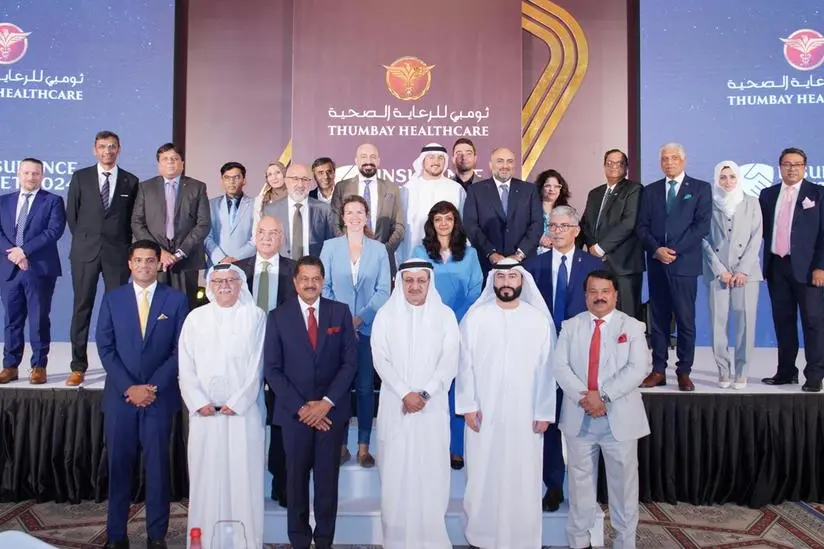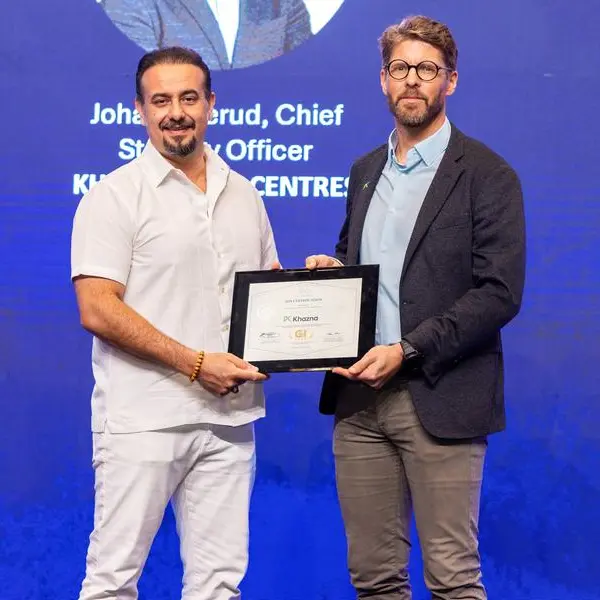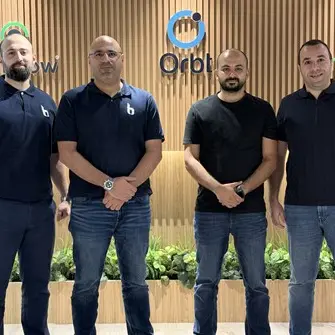PHOTO
United Arab Emirates: Thumbay Healthcare, the largest network of academic hospitals, clinics, labs, and pharmacies in the UAE, hosted the Insurance Meet 2024 on September 30, 2024, in Dubai. The event gathered participants from international and regional insurance companies, alongside government regulators from the Dubai Healthcare Authority, and served as a launchpad for essential training initiatives as the UAE prepares for the nationwide mandatory health insurance scheme set to take effect in early 2025. During the conference, a new medical coding and billing professionals course was announced, led by Gulf Medical University (GMU) in collaboration with the American Academy of Professional Coders (AAPC, which aims to equip individuals with the necessary skills to meet the growing demands of the healthcare industry.
The conference was graced by dignitaries, including H.E. Humaid Mohammad Obaid Al Qutami, Former Minister of Health and Education, Dubai-UAE, and Dr. Thumbay Moideen, Founder President of Thumbay Group- whose presence showcased the critical importance of advancing the future of healthcare and insurance in the UAE.
As the UAE prepares to implement its nationwide mandatory health insurance scheme by January 2025, particularly in the Northern Emirates, the conference focused on how artificial intelligence (AI) is set to significantly shape the insurance landscape by enabling more sophisticated risk assessments that analyze individual health data, thereby allowing insurers to offer personalized coverage options and fairer premium rates tailored to specific needs. Moreover, the integration of AI-driven automation will streamline claims processing, resulting in reduced wait times and increased transparency, while the deployment of virtual assistants will ensure 24/7 customer support, thereby enhancing the overall quality of service provided to policyholders.
Furthermore, advanced analytics will empower insurers to detect fraudulent activities in real time, mitigating losses and maintaining manageable premiums for honest consumers. Collectively, these innovations are expected not only to improve operational efficiencies for insurers but also to elevate the healthcare experience for individuals throughout the nation, ultimately contributing to a more sustainable and equitable healthcare system.
According to Akbar Moideen Thumbay, vice president of Thumbay Healthcare, “AI is reforming the insurance industry by enabling us to analyze data more effectively and make informed decisions that improve patient outcomes and increased productivity. Utilizing AI will be crucial for ensuring that healthcare remains accessible and affordable for everyone as we transition to a mandatory insurance model.”
Additional topics discussed at the conference included enhancing women’s health services through comprehensive coverage for preventive screenings and complex procedures, which improve health outcomes. The promotion of value-based care was emphasized, incentivizing providers to focus on quality rather than quantity, thus enhancing patient satisfaction. Additionally, advancements in diabetes management and nephrology highlighted the need for increased access to specialized care and timely interventions. The focus on neonatal care was also highlighted, with mandatory insurance ensuring newborns receive essential medical attention from birth.
The conference also launched a new medical coding and billing professionals course led by Gulf Medical University (GMU) in collaboration with the American Academy of Professional Coders (AAPC). “Medical coding is a vital component of the healthcare system, serving as the backbone of payment processes,” said Professor Hossam Hamdy, chancellor, Gulf Medical University. “With the growing complexity of healthcare and an aging population, there is an urgent demand for skilled medical coders. The course will help fill this gap and provide individuals with rewarding careers in the medical industry.”
The new UAE-wide mandatory insurance scheme marks a significant step forward in ensuring that all registered employees in the private sector, as well as domestic workers without existing coverage, receive essential healthcare services. Effective January 2025, employers will be required to provide health insurance when issuing or renewing visas, providing a more equitable healthcare environment across the nation.



















